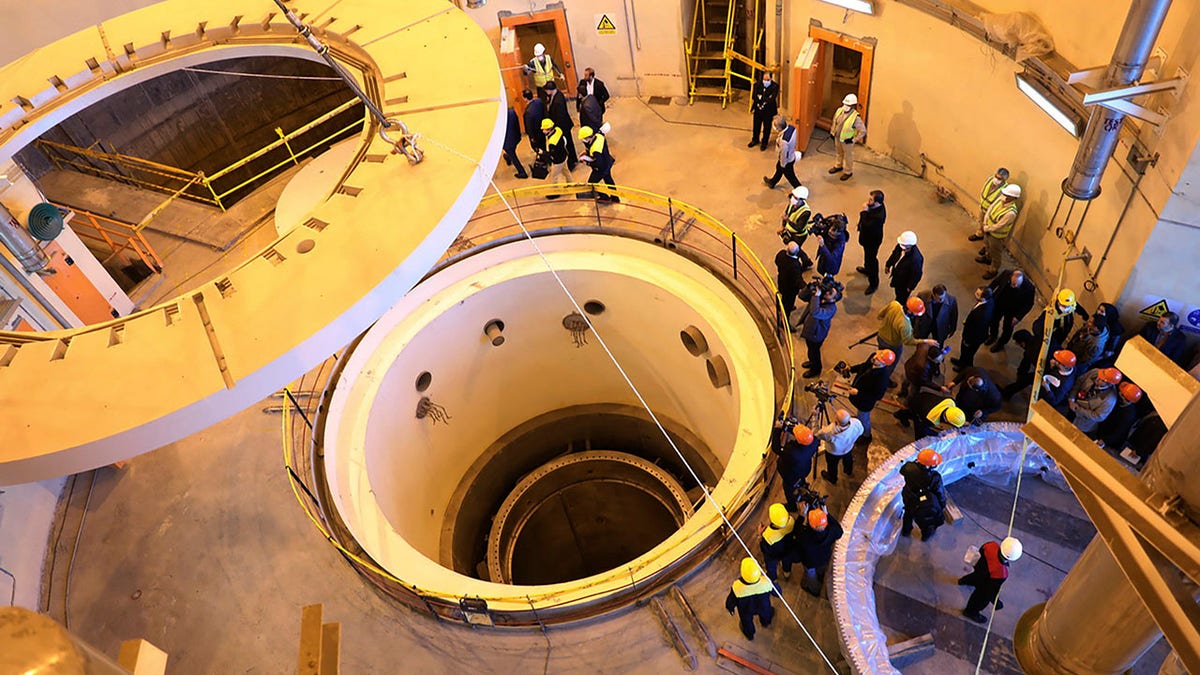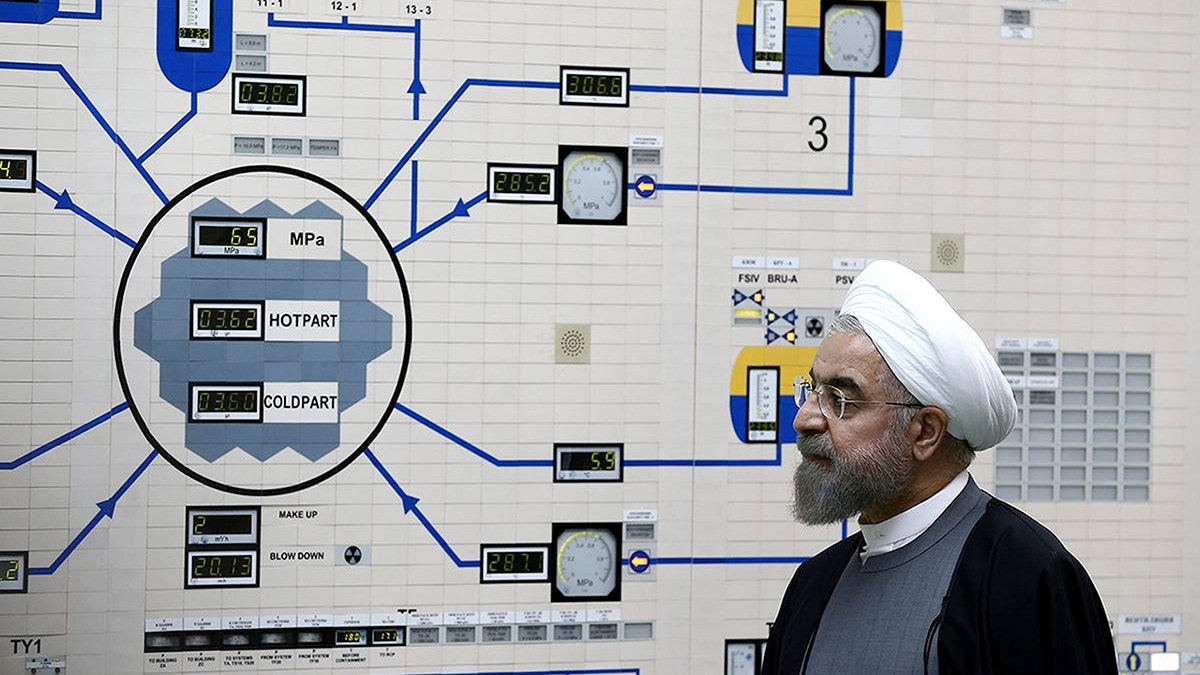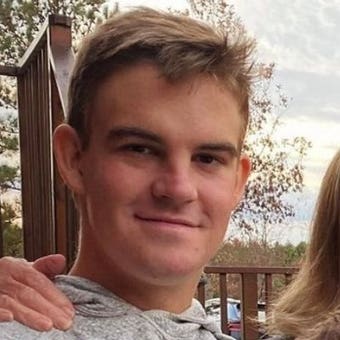World leaders react to possible Iran nuclear deal revival
Fox News national security correspondent Jennifer Griffin has the latest on Iran nuclear negotiations after a top diplomat says 'less confident' about finishing deal on 'Special Report.'
After months of negotiations, Israeli Prime Minister Yair Lapid said Sunday there are "encouraging signs" that the United States and European allies will not agree to a new nuclear deal with Iran.
"Following the Americans, yesterday the E3 countries announced that a nuclear agreement with Iran will not be signed in the near future," Lapid said, referring to France, the United Kingdom, and Germany.
"Israel is conducting a successful diplomatic campaign to stop the nuclear agreement and prevent the lifting of sanctions on Iran. It is not over yet. There is still a long way to go, but there are encouraging signs."

In this file photo dated Monday, Dec. 23, 2019, released by the Atomic Energy Organization of Iran, showing technicians at the Arak heavy water reactor's secondary circuit, as officials and media visit the site, near Arak, 150 miles southwest of the capital Tehran, Iran. (Atomic Energy Organization of Iran via AP, FILE)
Iran started enriching uranium past the 2015 Joint Comprehensive Plan of Action's restrictions after former President Donald Trump pulled out of the deal in 2018 and reimposed harsh sanctions.
The United Nations' nuclear agency said in a report this week that Iran has uranium enriched up to 60%.
"The Agency is not in a position to provide assurance that Iran's nuclear [program] is exclusively peaceful," the nuclear watchdog said in the report.

In this Jan. 13, 2015, file photo released by the Iranian President's Office, former President Hassan Rouhani visits the Bushehr nuclear power plant just outside of Bushehr, Iran. (AP Photo/Iranian Presidency Office, Mohammad Berno, File)
Iran submitted a proposal earlier this month to the European Union, which has been mediating negotiations between Tehran and Washington for months, but Secretary of State Antony Blinken said it was unproductive.
"In past weeks, we closed some gaps. Iran had moved away from some extraneous demands, demands unrelated to the JCPOA itself," Blinken said Friday at NATO headquarters in Belgium.
"However, the latest response takes us backwards, and we are not about to agree to a deal that doesn't meet our bottom-line requirements."
CLICK HERE TO GET THE FOX NEWS APP
Lapid traveled to Germany on Sunday to discuss the nuclear deal with Germany Chancellor Olaf Scholz.


